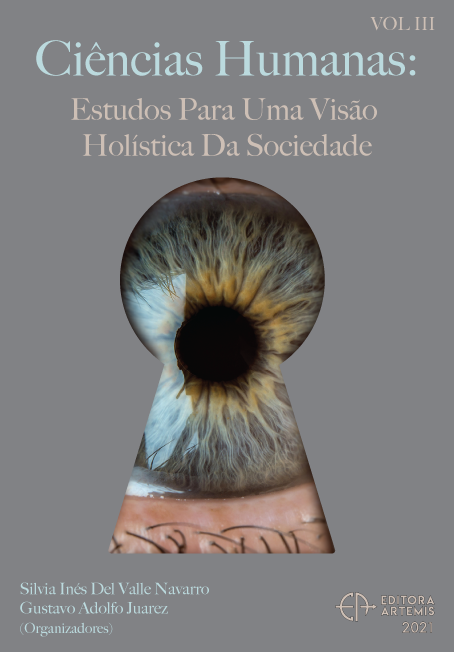
RIO SÂO FRANCISCO ÁGUAS ENCANTADAS E DESENCANTO COM A TRANSPOSIÇÃO
Neste capítulo, avaliamos o impacto causado pela obra da transposição do rio São Francisco sobre o ambiente e a cultura dos povos ribeirinhos. Os povos nômades coletores e caçadores, como os Cariri, já conheciam o vale do São Francisco há milhares de anos. Encontramos povos indígenas diretamente afetados pela construção dos eixos norte e leste do canal da transposição em seus territórios. Entrevistamos caciques e representantes do povo Truká, em Cabrobó, Pernambuco. A partir das narrativas, pudemos constatar que esse impacto não se resumiu às terras e águas, mas também ao modo de vida das pessoas e a cosmologia e representações que têm sobre a natureza e o mundo sobrenatural, ambos em estreita conexão. Pretendemos contrapor a visão desenvolvimentista governamental com as alternativas apresentadas por ONGs, movimentos sociais e os moradores da área: indígenas, ribeirinhos, pescadores que rejeitaram a obra. Finalmente, desconstruímos as justificativas oficiais sobre a necessidade da obra e questionamos os motivos que levaram à essa opção, a despeito da resistência popular e das inviabilidades técnicas alegadas pelos executores.
RIO SÂO FRANCISCO ÁGUAS ENCANTADAS E DESENCANTO COM A TRANSPOSIÇÃO
-
DOI: 10.37572/EdArt_29062139213
-
Palavras-chave: Povo Truká. Rio São Francisco. Projeto de Transposição. Impacto ecológico. Violação de direitos.
-
Keywords: Truká tribe, Sao Francisco river, Transposition, environmental impact, rights.
-
Abstract:
In this chapter, we evaluate the impact caused by the work of the transposition of the São Francisco River on the environment and the culture of the riverside peoples. The nomadic gatherers and hunting peoples, like the Cariri, had known the São Francisco valley for thousands of years. We met indigenous peoples directly affected by the construction of the north and east axes of the transposition channel in their territories. We interviewed chiefs and representatives of the Truká tribe, in Cabrobó, Pernambuco. From the narratives, we realize that the impact was not limited to the lands and waters, but also to the way of life of these people, their cosmology, and representations about nature and the supernatural world, both in close connection. We intend to oppose the governmental developmental view with the alternatives presented by NGOs, social movements, and the residents of the area: indigenous, riverside, fishermen who rejected the work. Finally, we deconstructed the official justifications about the necessity of the work and questioned the reasons that led to this option, despite popular resistance and the technical impossibilities alleged by the executors.
-
Número de páginas: 18
- Loreley Gomes Garcia
- Mayrinne Meira Wanderley

